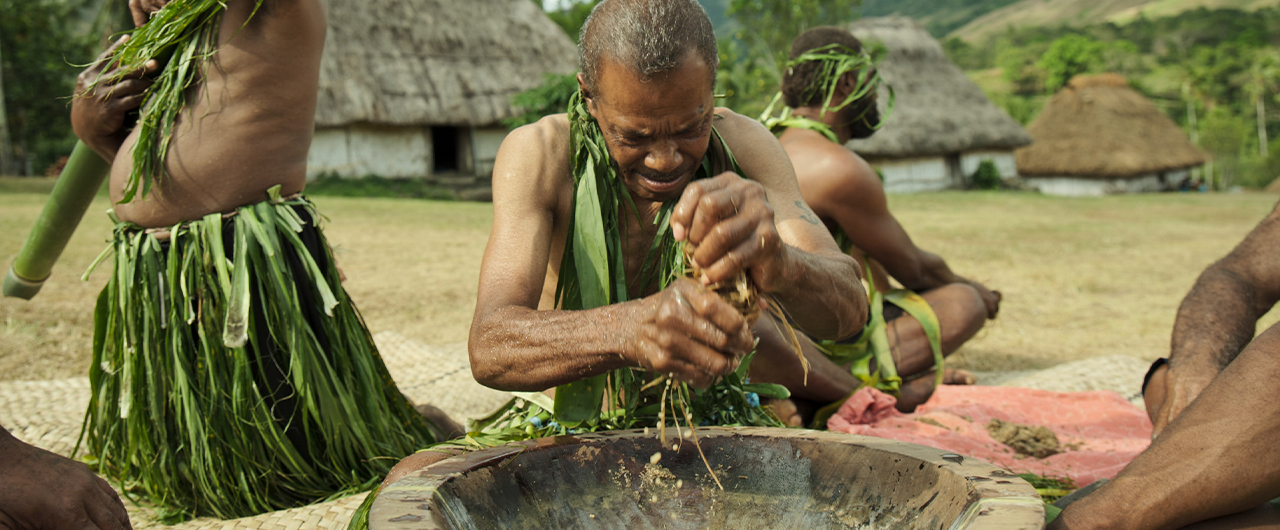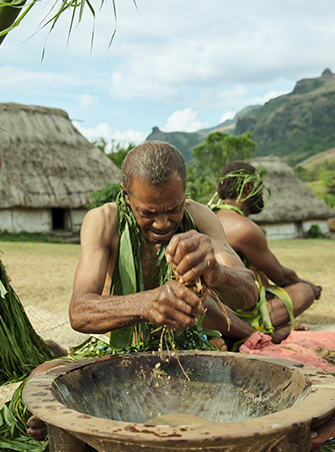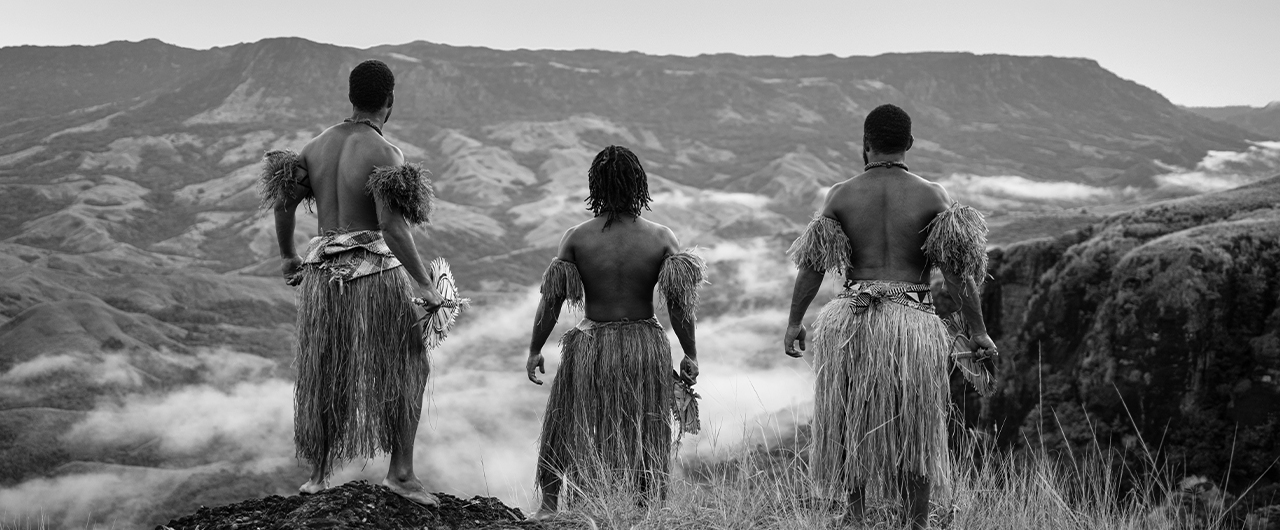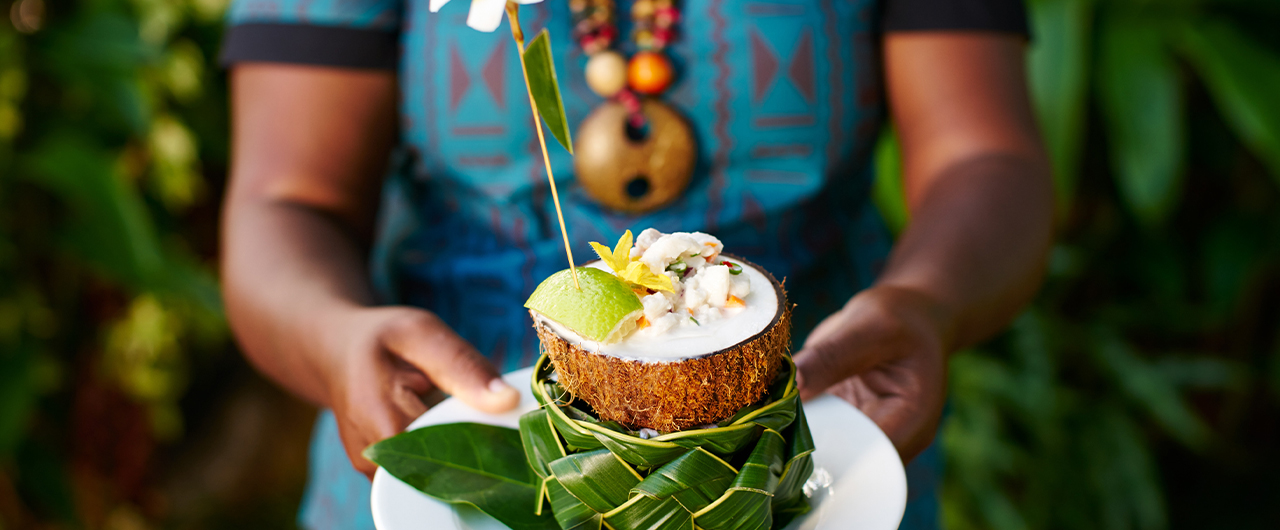Culture, Language & Religions of Fiji


Fiji: A Fascinating Fusion of Cultures, Languages and Religions
People: A Blend of Cultures
Fiji’s 900,000+ residents form a vibrant blend of cultures, all celebrating a shared Fijian identity. At its core are ‘iTaukei’, the indigenous people whose rich traditions and sense of community are central to Fijian life. ‘Indo-Fijians’; descendants of Indians who arrived during the British colonial era to work on sugarcane farms in the early 1800s, have infused their own vibrant customs into Fiji’s culture. European, Chinese and other Pacific Islanders add to this diversity, marrying into or choosing Fiji as home and enriching the country’s cultural fabric. Together they have created a Fijian society where diverse traditions thrive side by side.
Language: The Voices of Fiji
While English is the official language of education and communication, the vernacular languages – iTaukei and Fiji Hindi - are also widely spoken. Many Fijians switch between these languages with ease, often speaking two or three.The indigenous iTaukei language – represented by a common Bauan dialect – has a wealth of local dialects that vary across regions. Fiji Hindi is unique to the Indo-Fijian community, borrowing from various Indian dialects with some English and iTaukei influences too.

Religion: Fiji’s Diverse Faiths
Though predominantly Christian, spiritual life in Fiji is as varied as its people. Many Fijians practice Methodism, but you’ll also find Catholic, Pentecostal, Seventh Day and Mormon faith communities thriving here.
Most Indo-Fijians are Hindu with a smaller Muslim community so it's common to see Hindu temples and mosques, as well as churches scattered across Fiji too. This blend of faiths also includes smaller groups of Sikhs, Bahai and Buddhists.
Fiji’s respect for diverse beliefs is exemplified by the celebration of national holidays like Easter, Christmas, Diwali and Prophet Mohammed’s Birthday when neighbors and workplaces share meals and traditions with their wider communities.
Cuisine: Flavors of Fiji
With such diverse cultural influences, you can expect exciting (and tasty) cuisine as well. Here, you’ll find that traditional iTaukei dishes like citrusy ‘Kokoda’ or savoury lovo feasts share the table with spicy Indian curries and flavorful Chinese stir-fries. Local farms and markets are just as varied with traditional Fijian crops like dalo and cassava sold alongside Asian staples like okra, eggplant and beans.
